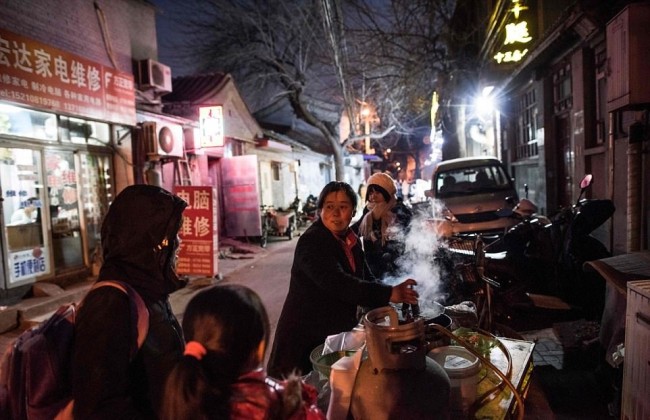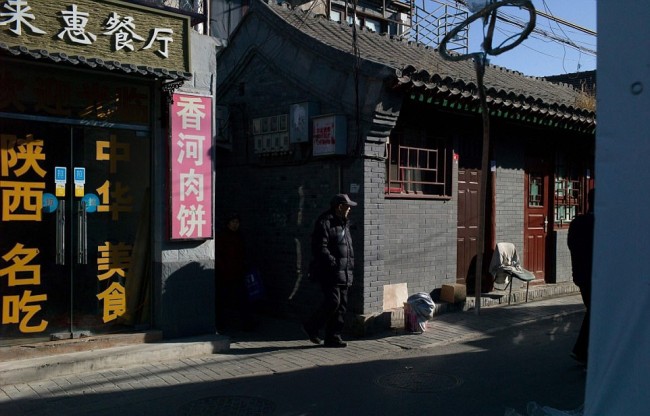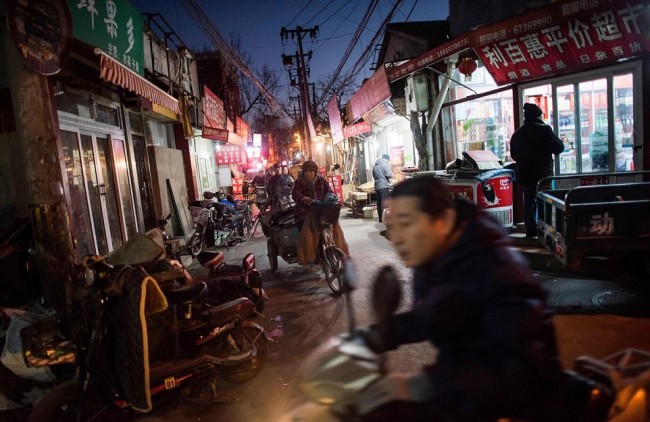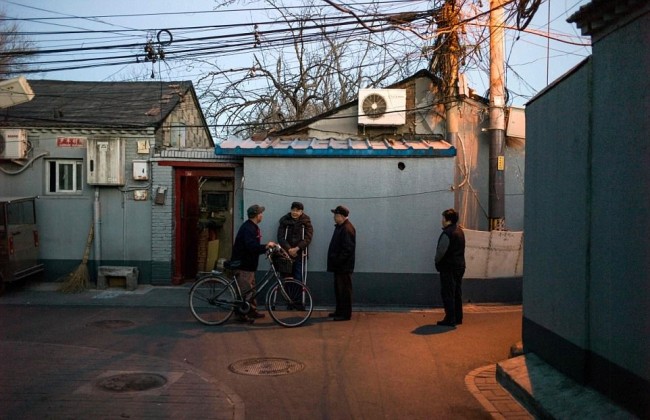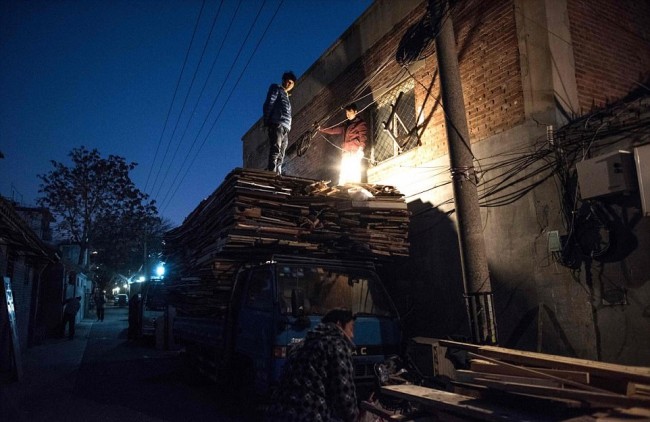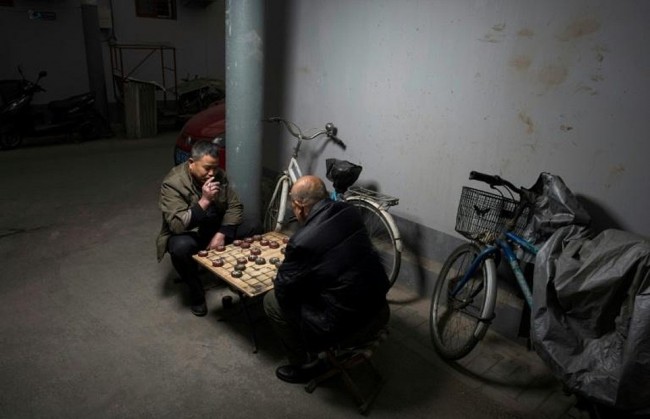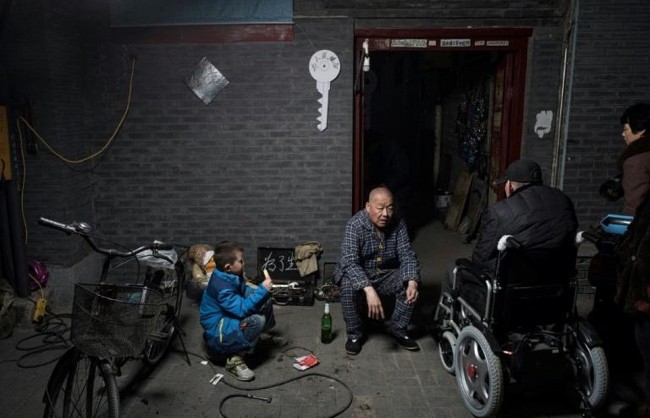HOME >
LIFE & CULTURE >
Beijing's 'Hutong' Homes, Used To Be Grand a Century Back, Now Maze-Like, Cramped, Have Lost Appeal to Affluent Residents
Beijing's 'Hutong' Homes, Used To Be Grand a Century Back, Now Maze-Like, Cramped, Have Lost Appeal to Affluent Residents
Jed Santos | Apr 24, 2017 02:29 AM EDT
The narrow streets are filled with vendors selling breakfast snacks from small stalls. Cuisines from around China can be found in hutong restaurants, such as the one in the above picture which boasts to sell traditional dishes from Shaanxi, a province in north-west China. Fruit vendors, butchers and convenience shop owners in Beijing's hutong. The narrow streets bustle with activity from food stalls, shops and the constant flow of bikes and motorcycles. Vendors playing badminton in an indoor farmers' market as they wait for clients. Residents playing mah-jong, a traditional Chinese board game. Hutong houses converted into tenements A group of elderly people gathering to talk in Beijing's Luoche Hutong near Beixinqiao subway station. Most hutong courtyards in Beijing are filled with makeshift wood-panel shacks or higher-quality concrete rooms. Many hutong buildings have also been turned into dormitories to accommodate migrant factory workers. Many surviving hutong have recently been targeted for historic preservation effort. A rundown hutong alley. Hutong, or "hottog" in its original Mongolian language, means a water well. Residents share living spaces. Workers collect cardboard boxes in a hutong. A scene in one of Beijing's hutong areas. A woman rides her bicycle in a hutong in Beijing. In Chinese, a hutong building is known as "siheyuan," which means a compound made up of rooms around the courtyard. Beijing's hutong alleyways offer a glimpse at a communal way of life that is fading. People play chess outside their house in the cluttered lanes. An elderly resident walks in a typical hutong alleyway. A neighborhood bike repair shop with a signboard saying "all for making a living." Today, numerous craft breweries, boutique hotels and art galleries can be found under these tiled hutong roofs - due to a gentrification brought on by young generations and expat residents. A woman and her daughter are pictured in their home.
Courtyard houses, or hutong, in Beijing are popular among the city poor because of the low rent compared to modern apartments. The streets run abuzz with vendors of all kinds. The historical houses and these people form a scene that is bound to remain in the future because the city government pushes for the preservation of these traditional Chinese houses.
Copyright 2021 Yibada News | en.yibada.com All rights reserved. Do not reproduce without permission.
